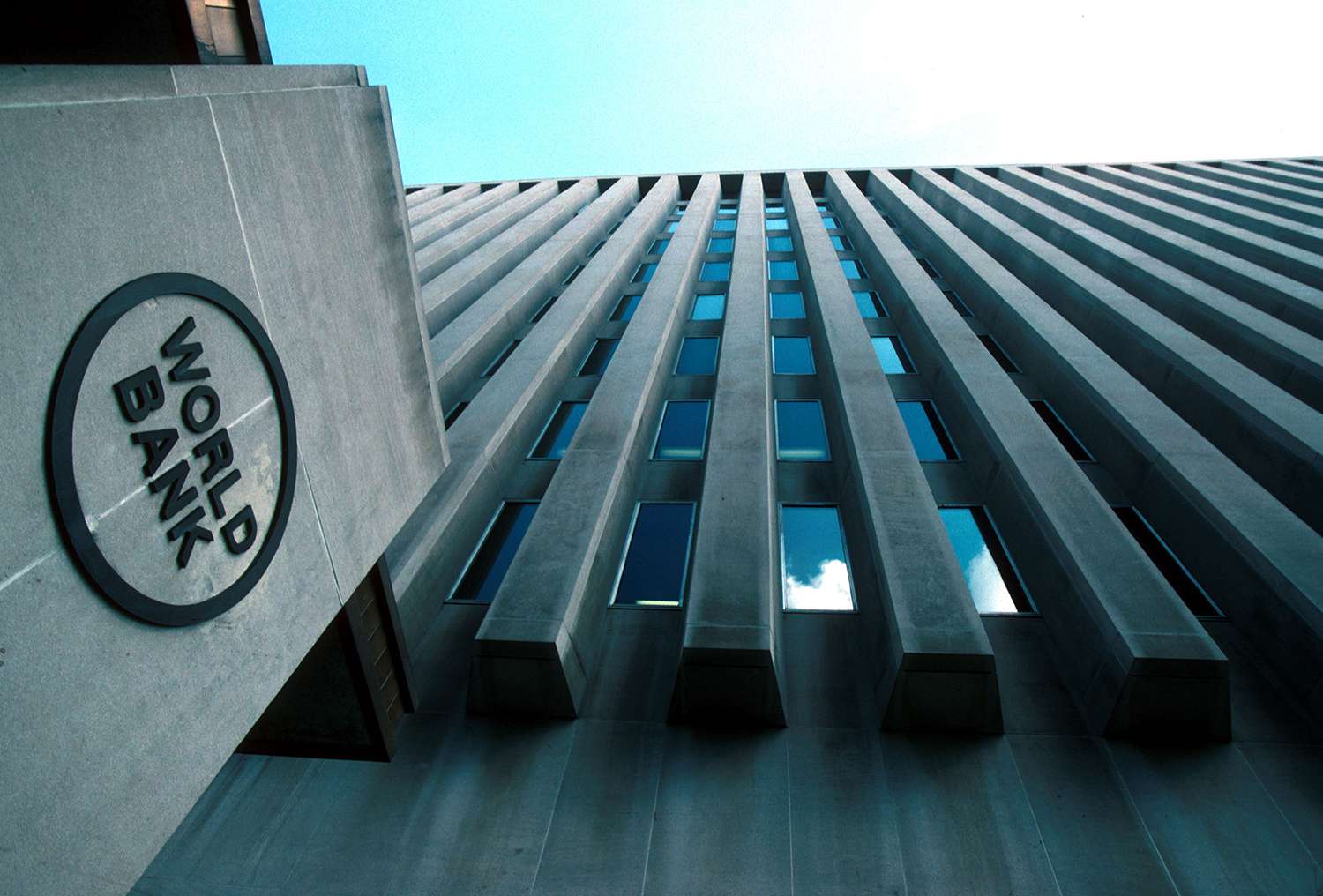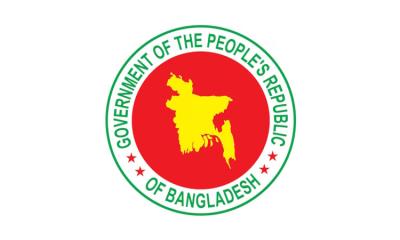The World Bank in a report has said that Bangladesh is under great pressure due to the ongoing energy crisis.
The World Bank`s latest `Global Economic Prospects` report also said that the import of industrial raw materials has decreased as the government of Bangladesh has taken regulatory measures to reduce imports for several months. As a result, the shortage of fuel and raw materials has created pressure on both the industrial production and service sectors of the country.
The report was published yesterday night. The report says that employment in Bangladesh has improved, but real household income has yet to return to pre-pandemic levels.
However, the World Bank in its latest report has maintained its previous forecast on the growth of Bangladesh`s gross domestic product (GDP).
According to the report, last January the International Monetary Fund (IMF) approved a loan program of USD 4.7 billion for Bangladesh. One of its objectives was to get out of the import control system and maintain balance in international trade.
Meanwhile, in another report on the global economic situation last January, the World Bank predicted that Bangladesh`s GDP growth in the current fiscal year 2022-23 could be 5.2 percent. In the next fiscal year 2023-24, this forecast increased slightly to 6.2 percent and in 2024-25 fiscal year, the growth could be 6.4 percent.
The latest report published yesterday night also maintained the same forecast. However, the government has set a GDP growth target of 7.5 percent for the current and next financial years.
According to the World Bank report, due to the disruption of the balance of international transactions and the increase in exchange rate pressure, Nepal, Pakistan and Sri Lanka, along with Bangladesh in the South Asian region, took restrictive measures on imports. As a result, the economic activities of these countries are greatly affected. But now the international trade balance situation has improved somewhat. Due to this, import restrictions are being relaxed in these countries.

















-20260220065859.jpeg)


-20260219110716.webp)

-20260219054530.webp)














